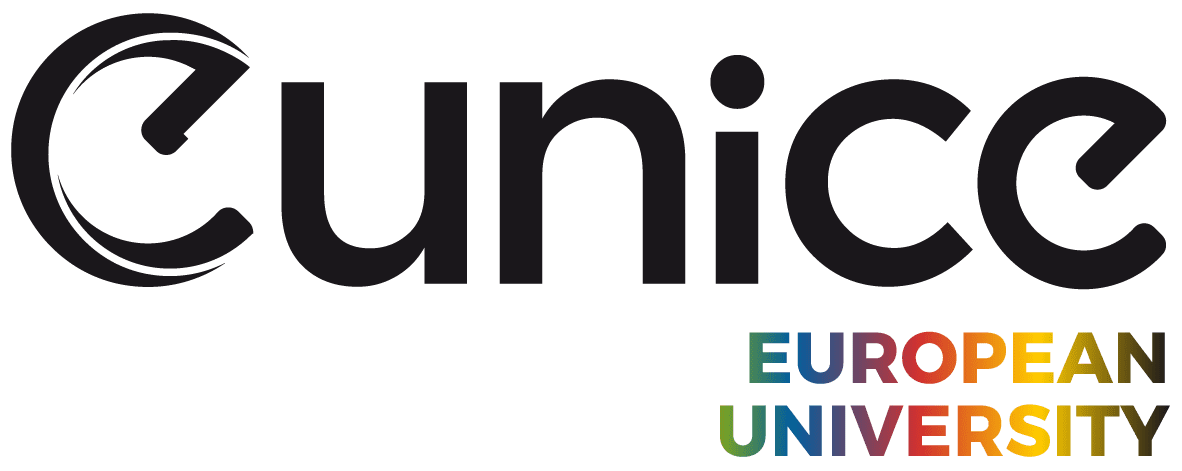Gwendydd Piret, PhD student at the University of Mons talks about her REUNICE fellowship and her doctoral research topic.
Let me start by telling you about my academic and professional background. Originally, I oriented my studies towards Mathematics Teaching. Having obtained my bachelor’s degree, I started a master’s degree in educational sciences. During my master’s degree, I worked in the educational engineering and digital education department for two and a half years. When I graduated, I was still working for this department at the University of UMONS and I had also started teaching in a lifelong learning organization (école de promotion sociale), which I still do today. I also have experience in teaching students with specific needs.
Thesis in pedagogical sciences and andragogy
Since September 2022, I have been working on a thesis in pedagogical sciences and andragogy and I still teach in the lifelong learning organization. For those of you who don’t know, andragogy is the science of teaching adults. This thesis, due in 4 years, is partially funded by REUNICE, a H2020 program for the European Universities Alliance EUNICE.
As I said, my research topic is the social inclusion dimension of higher education in Europe. In practice, I am interested in the measures, support services etc. that have been put in place to facilitate inclusion in several European universities and in 3 higher education structures in Mons. I am also interested in how students perceive support services, whether they use them, what obstacles they encounter etc. in order to highlight shortcomings and non-performances.
At the moment, I’m doing a radioscopy through a survey directed to the seven universities involved in REUNICE: Politechnika Poznańska (Poland); Brandenburgische Technische Universitat Cottbus-Senftenberg (Germany); Universidad de Cantabria (Spain); Université de Mons (Belgium); Università di Catania (Italy); Université Polytechnique Hauts-de-France (France) and Vaasan Yliopisto (Finland). These radioscopies will be helpful to provide an overview of the measures implemented to foster inclusion.
On a personal note, this thesis is my contribution to the improvement of access and participation for all in higher education institutions. I hope it will contribute to great advances in the field of teachers training, especially in Belgium, where teachers training is currently being reformed and where I wish to find my place as a teacher.
European Higher Education Area
The social dimension in higher education is one of the top priorities of the European Higher Education Area (EHEA). One of the aims of EHEA is to widen overall access and increase participation and completion of under-represented groups in higher education, according to the diversity of the national populations. European universities are one of EHEA’s initiatives to promote inclusion. EUNICE is one of these European universities: European University for Customised Education and through its supporting project (REUNICE), it aims to develop a common research and innovation agenda and an action plan to overcome societal challenges. That’s one of the reasons why REUNICE funds part of my doctoral research.
ABOUT THE AUTHOR:

Gwendydd Piret is a 26-year-old PhD student at UMONS. She also teaches adults in a lifelong learning organization. Since 2022, she has been working on a doctoral thesis, researching the dimension of inclusion in higher education institutions. Her hobbies include travelling and exercising.





